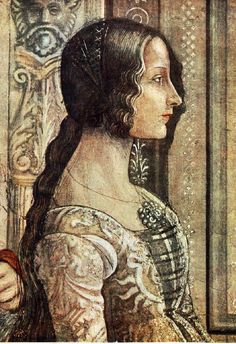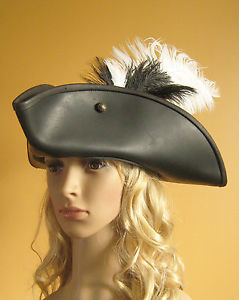Italian Renaissance Clothing and Fashion
Every region in Italy contained many, if not all of the styles seen in these images; no one region was distinctly unique. History and Women is a compendium of Women’s History, Biographies, Historical and Women’s Fiction, and Discussions on all things Feminine! From two neighbouring villas in the heart of the Tuscan countryside to the elegance of Siena; from a world steeped in ancient superstitions to a culture where family honour is paramount comes, this multi-layered novel of the lives, loves, secrets and strivings of two women and their families in the 13th century! We do know more about townswomen than we do of the poorer rural-dwelling women.
Women would even pluck out their foreheads and sometimes entire eyebrows just to have the appearance of a high forehead. Because of the change in fashion, the occupation of the tailor became much more prestigious as the nobles as well as the middle class during the renaissance era would hire personal tailors to create the day to day wardrobe. While cotton is a common and inexpensive fabric today, it was in earlier days of the renaissance costly.
In the 1920s, after centuries of wearing constricting corsets to achieve an hourglass figure, women started to wear clothes that produced a boyish silhouette. The drop-waist dress was the perfect garment to wear because it did not require a corset; it was loose and therefore allowed women to move about and dance freely. Today, we live in a world where women can pile on necklaces of all shapes and sizes and wear five bracelets on each wrist if they wanted to. The women of this period are the ones who made that possible. T-strap shoes became popular during this period because they were relatively comfortable to dance in, were unique, and allowed women to reveal a bit of skin.
Some people complained these hats were too big and obtrusive in public places like the theater or picture shows. Think of them as huge pot or bell-shaped hats that sat perched on the large pompadour hairstyle and covered the forehead almost down to the eyes. In the summer, these hats featured huge dried flowers or lace sewn flowers and sometimes real leaves and twigs! The popularity of large feathers and stuffed birds on the hats caused concern for the welfare and population of birds. The movement toward smaller hats began around 1913 where hats still had high crowns but smaller brims. Hats that were worn on the Titanic by first class women would have been the very large picture hats for day wear.
Our Medieval Hood With Mantle is a great addition to any outfit for both men and women. Our Gothic Style Hood is a great addition to any outfit and is for both men and women. Only unmarried women could leave their hair uncovered, and every married woman was required to wear one of the several variations of Medieval Bonnet. Almost in this case referencing one design element that really only adds to the hats intrigue and appeal, anyways. These sturdy pirate tricorn hats are made of 100% polyester, which has been textured to look like weathered suede.
It was much more acceptable for men during the Renaissance to make a show of the way they dressed, especially for the noble class. Tall hats were exactly that when compared to flat caps – a higher hat that was typically worn by men in the nobility. Some common materials in men’s fashion during the Renaissance were wool, linen and fustian (cotton and linen combined).
There is no mention of half mourning attire for men, however, there was mention of men wearing a white band or ribband (ribbon) on their hats to mourn a young girl. As a history geek, I, for one, am happy the 600-year-old bridge has a new home where it is preserved and appreciated. I admit, until I started researching the topic, I really didn’t know the real history behind Valentine’s day except it was to honor a Christian named Valentine who was martyred for marrying people in secret.
more...